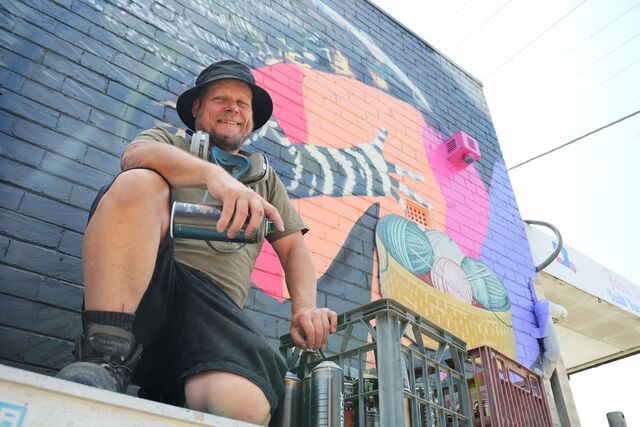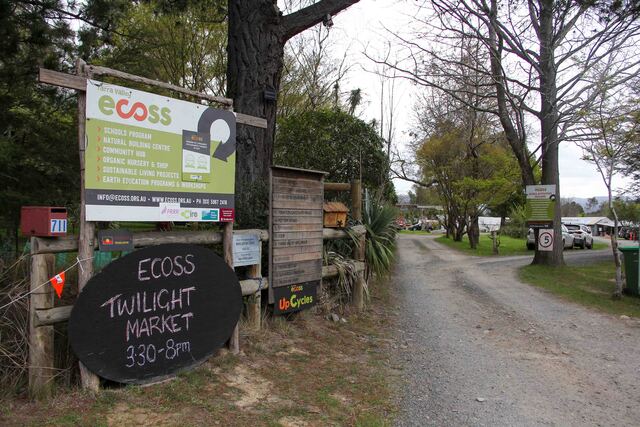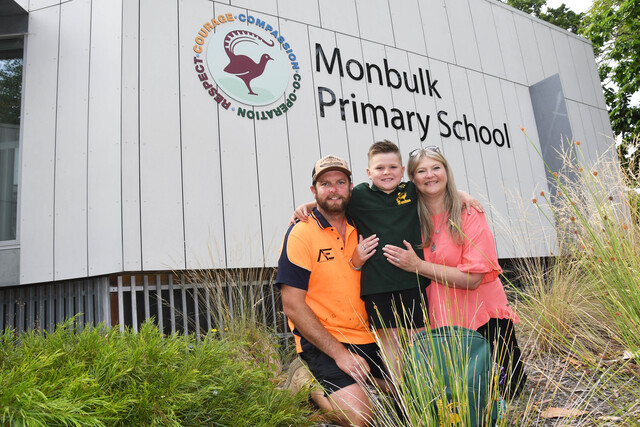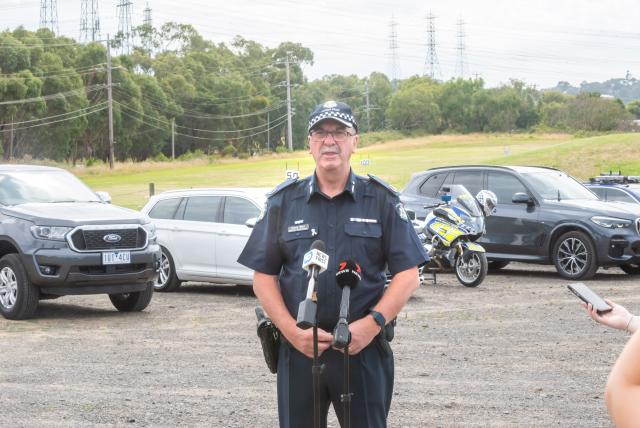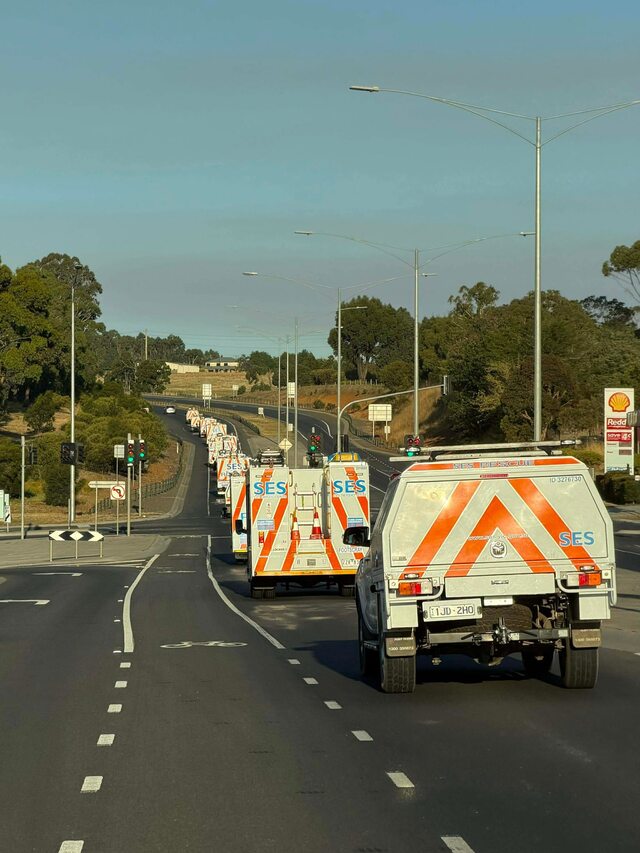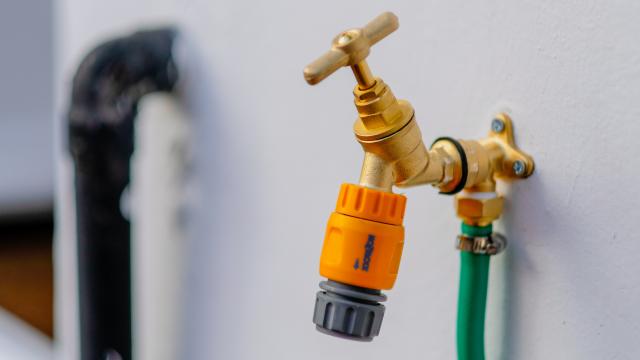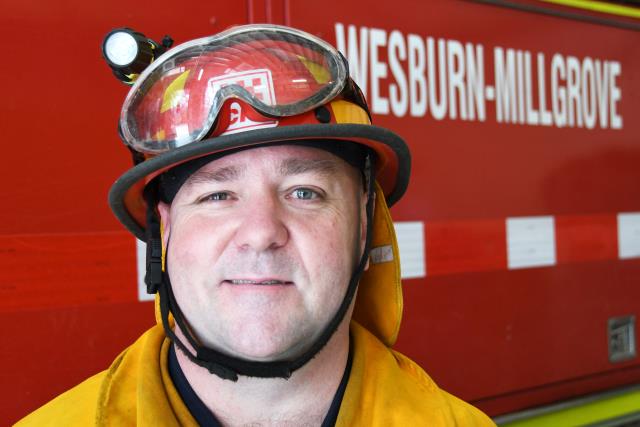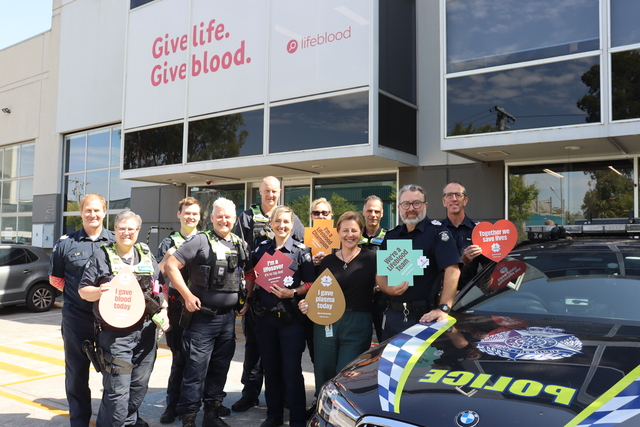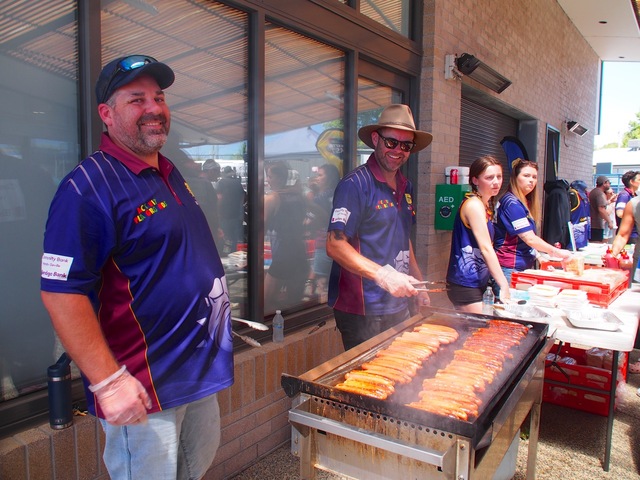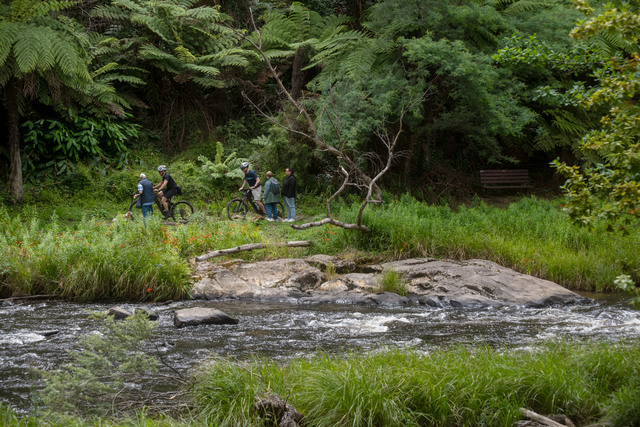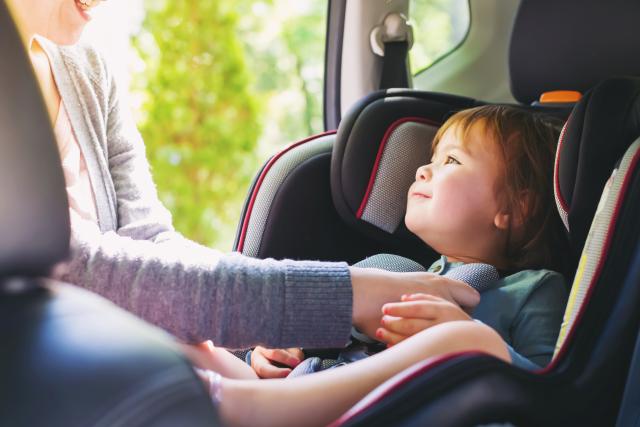“All women have the right to access continuity of carer and birth in their community.”
That’s what it boils down to for Yarra Valley Midwives team Robyn Partington and Lisa Wraith.
“This is known as Gold Standard Midwifery care and is recommended by the World Health Organisation and supported by current research.”
They started their Healesville-based service because other birthing options for women living in the Yarra Ranges were disappearing.
The Yarra Ranges area encompasses about 2500 square kilometres and for women living in the Yarra Ranges, the closest maternity hospital is either the Angliss in Upper Ferntree Gully or Box Hill Hospital.
“In this day and age for women to have to travel excessive distances to access maternity care is an outrage when it was available locally for over 50 years,” Ms Partington said.
“The reasoning for removing Healesville’s maternity services does not make sense, there are always new families moving into the area.”
“We have two reasons why we would love Healesville Hospital maternity back and running.
“One of them is so women who access private midwifery care can have continuity of carer in their home community if they prefer to birth in a hospital.
“Two, Yarra Valley Midwives require an access licence agreement – which we have already have with Monash Health – with Eastern Health for us to provide this service at Healesville Hospital.
“This means we could provide antenatal care, labour and birth care as a woman’s primary carer in Healesville Hospital and discharge her home with six weeks of postnatal care.
“Presently this is not an option.”
A recommendation from the Inquiry into Perinatal Services released in June was that the State Government should examine expanding midwifery-led continuity of care programs in the public health system.
The Northern Hospital successfully trialled allowing private midwives to admit women.
“We’d like to have that option available for local women that are low-risk,” Ms Partington said.
She said women using the public health system didn’t always see the same midwife for each appointment.
“Gold standard is continuity of carer,” Ms Partington said.
“Presently that’s not available to any woman in the Yarra Ranges.”
If they access private midwifery, they receive a Medicare rebate if they give birth in a hospital but not if they give birth at home.
“Medicare could subsidise women at home, just to take the weight off some of the public hospitals,” she said.
But Eastern Health allowing private midwives to admit women to their hospitals would also remedy this discrepancy.
Ms Partington said returning maternity services to Healesville would improve the chances that a woman would have continuity of carer.
“Because it could employ local midwives that are here that have to travel down the line to gain employment,” she said.
“They would at least have a small pool of midwives that they would probably meet.
“Employment for local midwives is really important, too.”
She said Yarra Ranges women had to travel for antenatal appointments as well as the birth itself.
This counts on them having access to transport, money for parking, time to spare and help if they have other children.
“Some women are low income and they can’t afford to take the time out of the day,” she said.
Circumstances could force some women would miss these appointments.
“Demand on the public hospitals is extremely high and if you do miss an appointment it poses a greater safety risk for mother and baby,” she said.
Other risks surround travel times to the Angliss and Box Hill.
Ms Partington said muscle memory could kick in with a second or third birth.
“You don’t know how quick that baby’s going to be,” she said.
“It can be quite swift.
“Women are presently more at risk of having a baby born before arrival (BBA) either in an ambulance or their own car on the side of the road or at home with an unplanned homebirth.”
Ms Partington said the area’s Aboriginal community provided another reason to return maternity services to Healesville.
“Indigenous women have a right to birth on country and not be forced to leave their local community,” she said.
“Birthing on country and accessing antenatal and postnatal maternity services in their community, will assist in accessing and attending antenatal appointments.
“Aboriginal women deserve gold standard midwifery care.”


